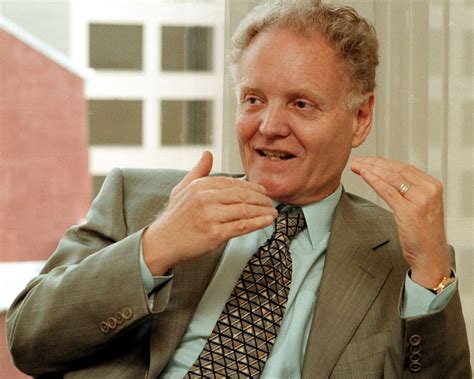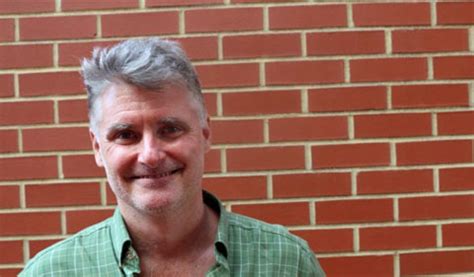A Quote by Diane Ravitch
There is something fundamentally antidemocratic about relinquishing control of the public education policy agenda to private foundations run by society's wealthiest people; when the wealthiest of these foundations are joined in common purpose, they represent an unusually powerful force that is beyond the reach of democratic institutions.
Related Quotes
Washington establishment... This is perhaps the wealthiest, the most exclusive club of human beings in the world. The people permitted admission or membership in this group have the opportunity to influence practically anything and everything happening in the wealthiest and most powerful city in the world, Washington, D.C.
The most common objection to changes in public policy which would increase a user's control of housing at the expense of centralized institutions is that standards would be lowered as a result. The standards the objectors have in mind, however, are not something that cam be achieved with available resources, but, rather, represent the objector's own notion of what housing ought to be.
I think more and more foundations are putting resources into food activism. But I think that given the state of the economy, foundations won't be giving as much in general. For me it's about working with these existing institutions in communities that people already go to, that people trust, that they know, and determining how best they can play a role in the creation of local food systems and address the ills that are right around them in the community.
A democratic public forms when citizens gather together to deliberate and make public judgments about local and national issues that affect their lives. By associating together for public discussion, citizens learn the skills necessary for the health of a democratic public; listening persuading, arguing, compromising, and seeking common ground. When these skills are nurtured within the institutions of a democratic public, citizens educate themselves in order to make informed political decisions.







































